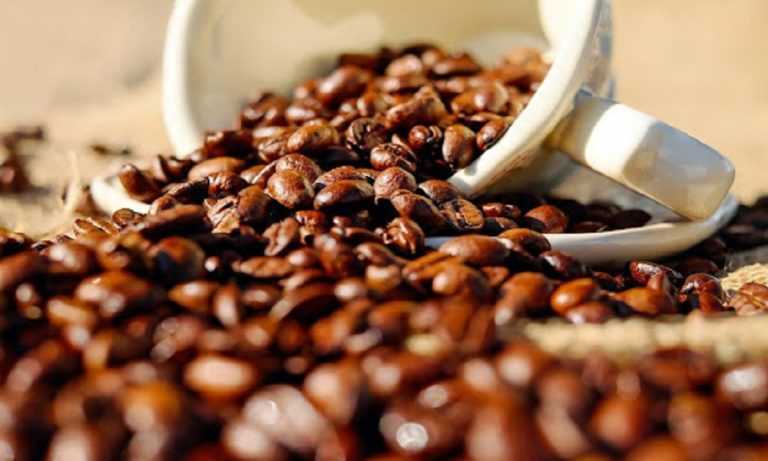Do you know? There will be two billion cups of coffee slurped today alone, a twofold increase in consumption since the mid-1970s. Coffee has become so necessary to millions of us that we can’t begin or end a meal without a cup.
Coffee aficionados have a wide range of preferences regarding how their beverage should be prepared, whether it should be hot or cold, straight-up or flavored.
Yet, how often do we pause to think where our coffee comes from and whether the farmer who grows the beans makes a decent living? No, we don’t know whether the coffee we drank this morning was grown in an environmentally friendly manner or if the farmer was given assistance to deal with the effects of climate change.
Rise of Ethical Coffee
The coffee business as a whole and the specialty coffee market are vastly different. Large, global corporations dominate the coffee business as a whole, supplying stores with low-cost, generic items. As a specialty coffee roaster, you’re directly involved in every step of the process, from farming and processing to roasting and distribution.
The rise of specialty coffee roasters over the past decade has helped to increase industry standards and educate the public on the process of bringing coffee from the field to the table.
What To Look For In Ethical Coffee?
Whenever possible, patronize small, locally owned establishments rather than national chains when purchasing coffee. There is a greater likelihood that small, independent coffee shops will have direct links with the roasters and coffee farms from where their beans come. They’ll also be more willing to answer any queries you may have regarding the beans they use.
As a further recommendation, we usually advise paying a little more for a cup of coffee. Cheap coffee is more likely to be of poor quality and to have been paid unfairly by the farmer.
Coffee beans can be purchased from sources that are open about their ethical practices. A good place to look for information about a company’s ethical and environmentally friendly practices is on the official website of Coffee Roasters UK. The ideal definition of ethical coffee, in their opinion, goes beyond Fairtrade.
Keep an eye out for more than a few certificates and logos. It is common for smaller roasters to be involved in their supply chains and work directly with the farms from where their beans are sourced, just like smaller coffee shops.
Improved Taste
It’s not uncommon for ethically sourced coffee to taste fresher and more flavorful. Shade-grown Arabica coffee is the most common variety, whereas Robusta is used in espresso blends because it is more bitter.
Grow Arabica coffee at higher elevations, where the chilly nights and hot days allow the bean to develop more unique and better-tasting tastes in the cup. When you buy coffee directly from the farm, you get a fresher and better-tasting product.
Better ‘Latte’ Than Never!
A growing number of farmers are turning to tourism as an alternative source of income as the coffee industry continues to face major difficulties. In addition to learning more about how coffee is grown and processed, you’ll also be helping future generations of coffee farmers.
Buying ethically sourced coffee is more than just giving money in exchange for it. Visit a farm, meet a coffee farmer, and taste the completed product, all while gaining a new appreciation for ethically grown coffee.



Comments are closed.